| Ethics & Mediation Support (updated July 2025) 1.0 Introduction The ICMTA exists to serve and nourish the lives of our members. Through effective structures and procedures we intend to support the welfare of all ICMTA members – member organisations, teachers and students alike. The ICMTA Ethics and Mediation Function is held within the ICMTA Ethics and Mediation Circle. Two procedural pathways are offered -
Members of ICMTA or their students can contact ICMTA Ethics and Mediation Circle through the ICMTA Office Manager at info@icmta.com.
1.2 Summary of Content Below
2.0 ICMTA Ethics and Mediation Function Within the ICMTA 2.1 Rationale We wish to uphold a solid ethical foundation for the teaching of conscious movement practices. This is important:
By bringing an ethics function into an independent association we try to ensure that there is no conflict of interest between ethical decision making and the hierarchy of any business, and that support and education are provided impartially and consistently.
2.3 Education We recognize that ICMTA members come from diverse backgrounds, cultures, professions, communities, gender identities, sexual orientations, beliefs, as well as residing in different countries and speaking multiple languages. We seek to celebrate our diversity as a great strength and rich ongoing learning (see ICMTA Diversity Policy). At the same time we recognize that our background shapes and informs our values, expectations, behaviours and understanding of both conflicts and ethical practice. As individuals and as member organisations we will all have strengths and blind spots. ICMTA therefore encourages its teachers and member organisations to educate themselves in ethical inquiry to establish an ever widening understanding of ethical issues and blind spots. We believe the more educated we are as teachers, the more aware we can become of the impact of ethical issues on our students and ourselves. This empowers us to observe shared principles for best practice expressed as guidelines in the ICMTA Code of Ethics from a position of knowledge and understanding in order to maintain the highest possible degree of integrity in teaching practice, and to protect students from harm. 3.0 ICMTA Code of Ethics All ICMTA members commit to the ICMTA Code of Ethics, which is independent of, but in general alignment with, our member organisations' own codes of ethics if they have one. The ICMTA Code of Ethics is intended as a set of guidelines to ensure we seek to embody the values of dignity, respect, equality, integrity and compassion and above all, to do no harm as teachers. 4.0 ICMTA Ethics and Mediation Circle The ICMTA Ethics and Mediation Circle’s primary role is to provide confidential consultation to those (ICMTA member organisations, teachers, facilitators, students, or in the case of ethical concerns also to non-members) with conflict resolution, issues, ethical concerns or potential breeches of the ICMTA Code of Ethics. We aim to support through clear structures and procedures, consistent with ICMTA values of dignity, respect, equality, integrity and compassion. The team may function as a:
Since the primary role of the ICMTA Ethics and Mediation Circle is as an impartial friend to all community members, rather than to become involved in deciding individual disputes, it is intended that the majority of issues raised will be resolved through dialogue, support, reflection, mediation and other constructive means. 4.1 ICMTA Procedure for Dealing with Conflict Conflicts and relational challenges will inevitably arise within any community. We believe the health of the ICMTA community is not measured by the presence or absence of conflict but by our willingness and ability to find effective, responsible, and compassionate transformation of interpersonal tensions when they arise. The intention to attend to and learn from the challenges of conflict is a clear application of our dance practice as a transformative vehicle in our daily lives. We believe the transformation of conflict can be greatly supported by spacious, compassionate and effective communication, deep listening and clear protocols and procedures, within a culture of personal enquiry and self-responsibility. Our procedures are not based on right or wrong, blame or guilt, winning or losing, offenders or victims, but on addressing the experiences of all concerned. Hurt, fear, and anger are taken seriously and we recognize the necessity for safe enough holding such that all may speak honestly and as completely as possible about their experiences and feelings. In seeking resolution, our practice values dialogue over the breakdown of communication, reconciliation over estrangement, forgiveness over resentment, and inquiry over accusation. Please follow these steps carefully:
If you wish to proceed please complete the ICMTA Mediation Procedure Application Form. 4.2 ICMTA Grievance Procedure As teachers we strive to create a culture of learning for students that values safety, respect, integrity and accountability. ICMTA takes violations of the ICMTA Code of Ethics very seriously. This section outlines what to do if you have a grievance / complaint regarding an ICMTA member teacher or organisation who you believe may have contravened the ICMTA Code of Ethics. Complaints can be challenging for all the people involved. It is our intention to offer a process of inquiry that is responsible, ethical, kind and as inclusive as possible for the Complainant (Person lodging the Complaint), Complainee (person or Organisational Member / School who has been complained about). Please follow these steps:
If you wish to proceed and file a formal complaint please complete the ICMTA Grievance Submission Form. |
